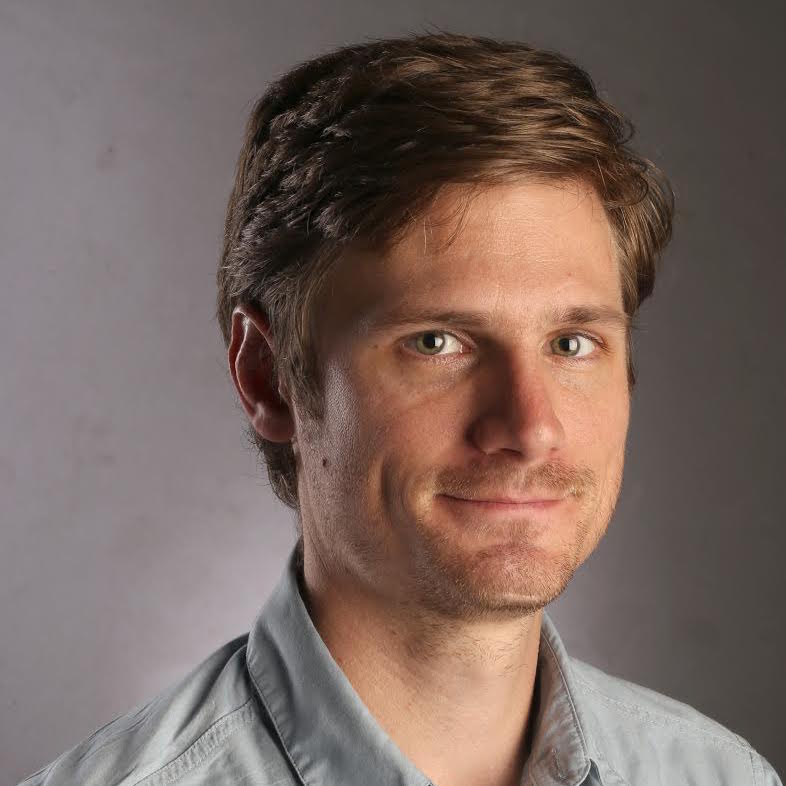James Gordon explains it all
A Q&A with the Coalition’s lead developer on his new mission at the Reynolds Journalism Institute
The Coalition’s lead developer, James Gordon, is moving on to a new job as senior editor for the Futures Lab at the Reynolds Journalism Institute and Missouri School of Journalism.

James leaves behind an impressive body of work. In his time working for the Coalition, he led the creation of an open-source pipeline that downloads, transforms, documents and republishes valuable data from CAL-ACCESS, the state of California’s jumbled, dirty and difficult database tracking money in state politics. He also spearheaded a groundbreaking effort to develop a new open standard for publishing elections data, now in use on this site.
He will be wrapping up his time with the team in early March teaching a class on campaign-finance analysis at the annual conference of the National Institute for Computer-Assisted Reporting in Chicago. (Seats still available!)
I interviewed James to learn more about his new role as an innovator and educator. The transcript has been condensed and edited for clarity.
What is the RJI Futures Lab?
The RJI Futures Lab is a testing ground for new ideas in journalism. We are constantly exploring services and products that empower journalists to do their job better. We’re trying to help make sure journalists keep up with new technology and we’re constantly thinking about how it can be used to do better journalism.
What will you be doing there?
It’s a mixed bag. In one silo there is mentoring students. There’s a development competition that RJI holds every year where students participate in developing applications that have news value. I will eventually be helping students remove roadblocks and bring their ideas to fruition.
Lately they have shifted the competition. You used to have to actually build something, to have a working application up and running that was centered around a specific idea. But now it’s a little more open ended with students working to test out an idea. That can include doing market research, designing user experience and all the ideation work that helps convince other people that you have something that’s worth investing resources into. It doesn’t have to be a working application at the end of the competition, but it does have to be something that the students have confidence they can build, and something that people want.
There’s also been some discussion about teaching a class. The journalism school here has some extra slots to fill in terms of helping students get more comfortable working with technology platforms. Right now there’s no timeline about when we might do a class but I’m talking to some people about doing that.
Another thing is helping our team here find projects and experiments to participate in. One thing we’re doing right now is playing with building custom Alexa skills for serving people public calendar events based on their location. These are the sort of things that newspapers and news organizations have always been in the habit of collecting and publishing. We’re looking at adapting that to voice-activated applications. We’re striving to figure out what we can learn that we can share at the RJI show “Innovation in Focus.”
What do you think Mizzou and universities in general need to be doing to better prepare students?
I think a lot of it comes with taking the time to learn about how technology works, actually. And to demystify it for people. Because every one of us now is a technology consumer and these things are often black boxes. I think showing students how they can use what’s out there to help bring out their own ideas and meet their own needs can help them have a closer and most honest relationship with technology. That’s something I think is needed. I find myself needing it in my own life.
Sounds like you’re prepared to teach the hacker ethic.
Yes, absolutely. I am. And to break down some of the mythologies and stereotypes.
I think that the conversations about technology right now, and in media in particular, are in this place where we feel like from we went from believing that technology was a liberating force to feeling like it’s a destructive force. The reality is somewhere between the two extremes and we have to work harder at understanding the dynamic between people and technology. I think it’s something that all journalists need to be learning to cover any beat because technology is a big part of any story right now from the economy to health care to national security.
Anytime you take some artifact of technology or some thing that happened on the Internet and you dig into it until you get to the point where you discover the humans who are behind the curtains, that’s the sort of thing that I like to spend time learning about. I hope to bring other people along that path with me.
If someone wants to join you on that path, how can they keep up with what you’re doing?.
Well, I’m on Twitter. And RJI has a blog that I hope to start contributing to. It’s at RJIonline.org.
Any parting words for your friend CAL-ACCESS?
It’s been an incredible experience for me to focus on every layer of the stack needed to solve a problem.
The thing that I have appreciated the most was that it connected me with people who have either helped to empower the work I was doing or have been empowered by the work I was doing, or have cheered us on in some way.
The community around civic data and incorporating data into journalism, that is the thing that hooking me from the first time I went to NICAR. I am not walking away from this project or from that community. I’m trying to deepen my relationship with it.
Good. Because we’re not going to let you.